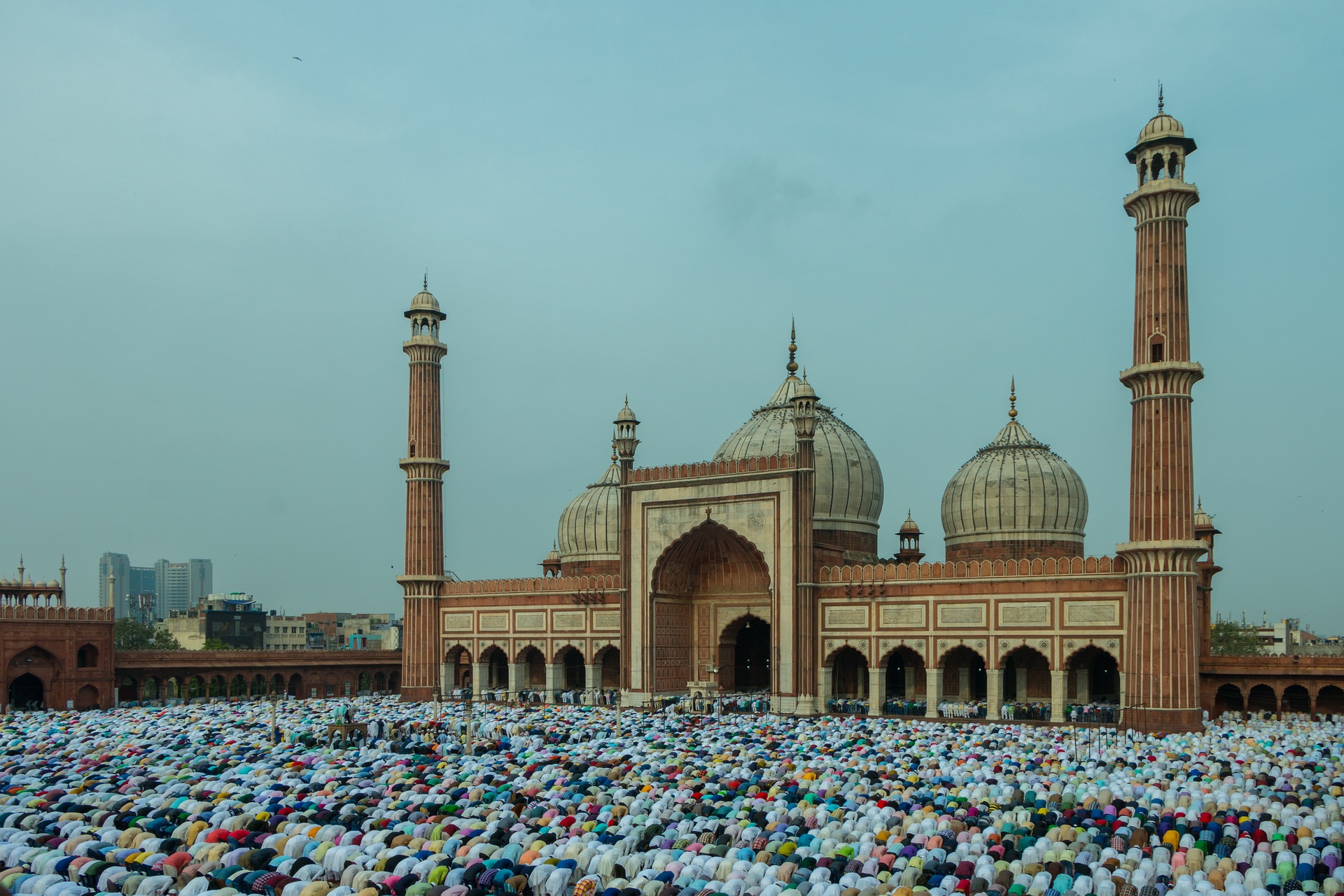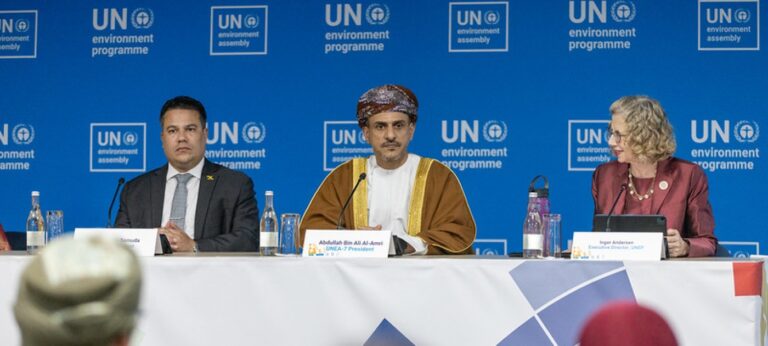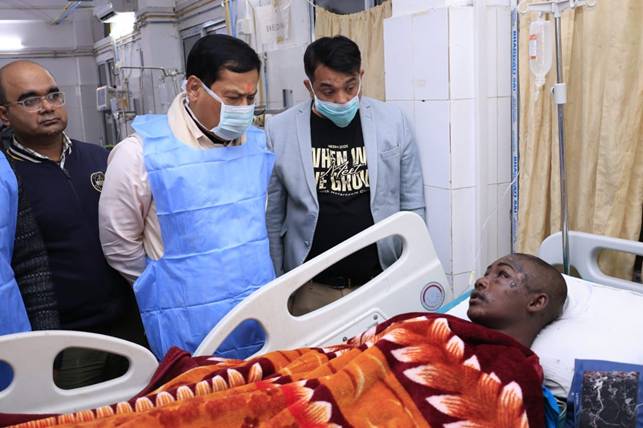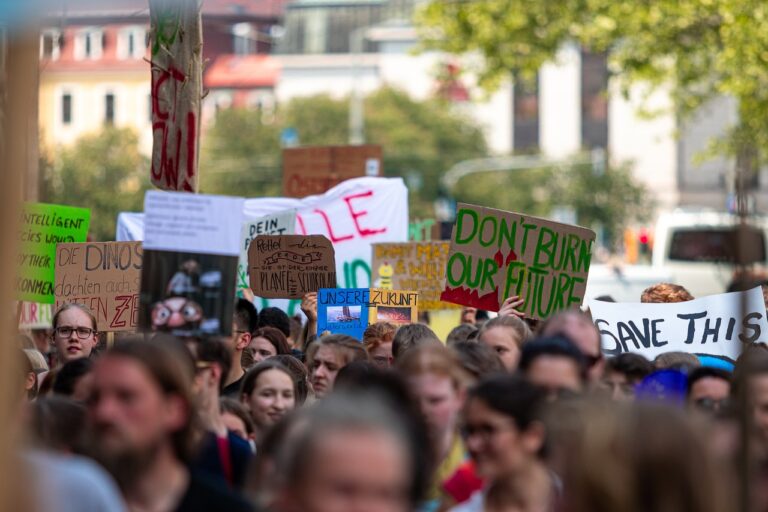
Almost three decades ago, the Supreme Court of India directed the State to pay a monthly wage to the Imams serving a mosque, under article 21 of the Indian Constitution. However, in a state like Punjab, such a system was already in place. As a result, the government of Delhi arranged funds to pay them. Three years ago, the Delhi government increased it from ten thousand to 18 thousand rupees ostensibly for the sake of vote banks. Since then there have been several applications under the Right to Information (RTI) Act before the Waqf Board. Most of them are not answered properly. The RTI activist turned politician Arvind Kejriwal was criticized for this policy when CIC (Central Information Commissioner) wrote a letter to Lieutenant Governor in last October. The politics of appeasement compelled former prime minister Dr Man Mohan Singh to reaffirm that the first right to resources belongs to the minority community. Here, Uday Mahurkar, the CIC has raised a serious question on this politics of appeasement.
Well-known right-to-information activist Subhash Chandra Agrawal has raised a dozen questions on the issue of aid to the priests and imams engaged in temples and mosques. In fact, on January 23, 2019, the chief minister of Delhi addressed a gathering of Imams where he declared the increased remuneration to the Imams and their assistants to manage the vote bank for the assembly election. Incomplete information in this regard has provoked Agrawal to move an appeal before the CIC. During its hearing, Mahurkar summoned officers from Delhi Waqf Board, the Revenue Department and the CM’s office. In response, on November 2, the Waqf Board informed Agrawal about not paying any salary. But after the summon, on November 16, they produced the annual records. Earlier, the Board used to spend 1.5 to 2.5 crore rupees as their remuneration. Then it increased between nine and ten crores of rupees per annum. The Imams and their assistants practising outside the Waqf Board are paid 14,000 and 12,000 rupees per month, respectively.
The Central Information Commission has been in the focus since that decision of November 25. The government of Delhi and the Waqf Board have been directed to provide proper information to the petitioner free of cost within one month, in addition, to paying compensation worth 25000 rupees for the violation of citizens’ right to information. The debate on the scope of Article 27 of the Indian Constitution prohibits such expenditure to please religious bodies at the expense of the State exchequer. Although the Waqf Board and the government of Delhi did not challenge this decision, an application to initiate the procedure of criminal contempt has reached R. Venkatramani, attorney general. Whether manoeuvring these elements engaged in politics of appeasement going to have the desired impact is the question at stake.
In the early nineties, the All India Imam Organization approached the apex court in order to obtain remuneration for the services to a mosque. As a consequence, on May 13, 1993, the top court directed the government to pay the Imams as they were paid in Punjab. A division bench comprising Justice R.M. Shahi and Justice K. Ramaswamy considered these issues in order to interpret sections 15 and 36 of the Waqf Act and Articles 14, 21 and 23 of the Constitution. According to their verdict, the remuneration was necessary to live with dignity. But it did not consider the provision of Article 27 of the Constitution in order to burden the State exchequer. In fact management of a mosque, like a temple trust, needs to pay them. In that case, the government would have been responsible for its implementation without wasting its revenue. The CIC has exposed this truth to rectify the mistake. Mahurkar, while discharging his official duty as an information commissioner, pointed out the Constitutional error that can create the kind of crisis that led to the partition of India in 1947. It needs serious discussion in public, including the parliament and assemblies. The apex court can address this issue in the national interest.
The discussion has started among the people in villages on this partial policy. In case the democratic institutions fail to notice this very fact the concept of equality will be in peril that cannot serve the national interest.
The CIC verdict has discussed the economic security of people engaged in services of different sects. On one hand, it tried hard to break the silence on payment of the Imams, and on the other hand, it questions the status of the weaker sections serving in the temple and other religious institutions. As such its scope is not limited to a mosque and its leaders. One can hope the decision can pave the way for freedom from the exploitation of weaker sections in religious institutions. As such it has been sent to the Union Law Minister to take cognizance.
The question related to the politics of appeasement is not new in India. Former prime minister Dr Man Mohan Singh referred to it on December 9, 2006, while addressing the 52nd conference of the NDC (National Development Commission). One can hope that the democratic institutions engaged today in twenty-one versus twenty-seven, the two articles of the constitution, can pave the way for the economic security of the priestly class, no matter whether serving a temple or a mosque or any other charitable religious institution.
*Kaushal Kishore is the author of The Holy Ganga (Rupa, 2008) and Managing Editor of Panchayat Sandesh, a monthly organ of All India Panchayat Parishad. The views expressed as personal.






